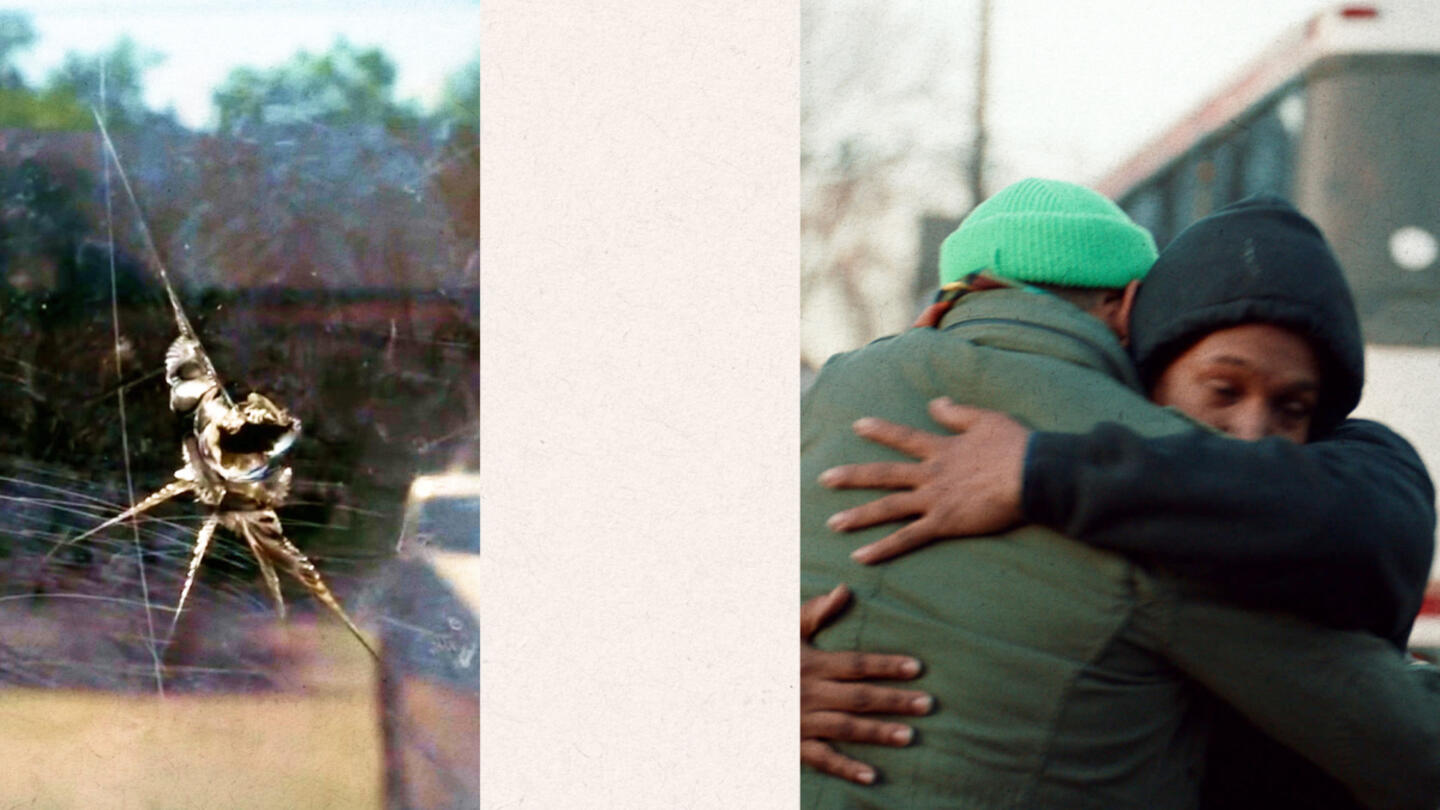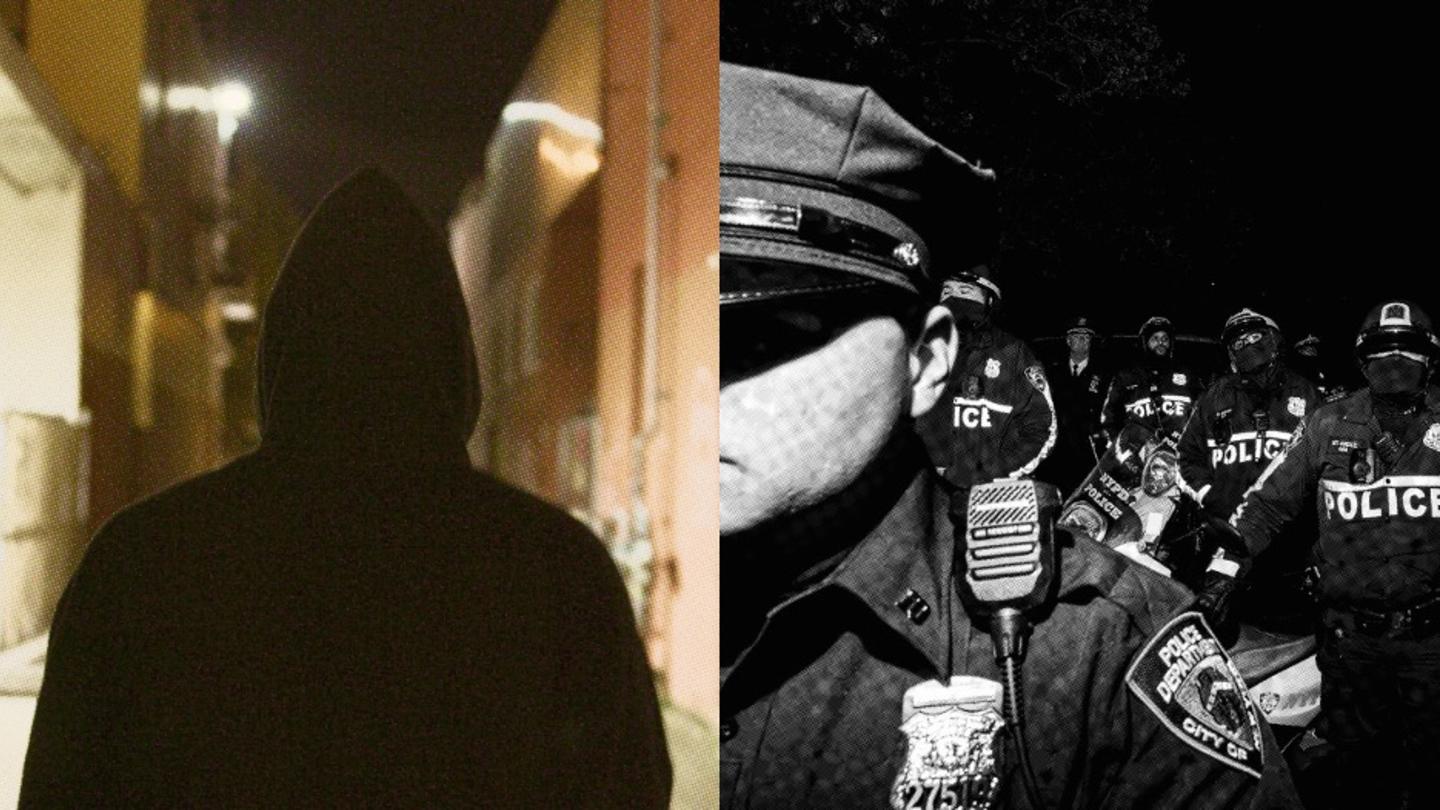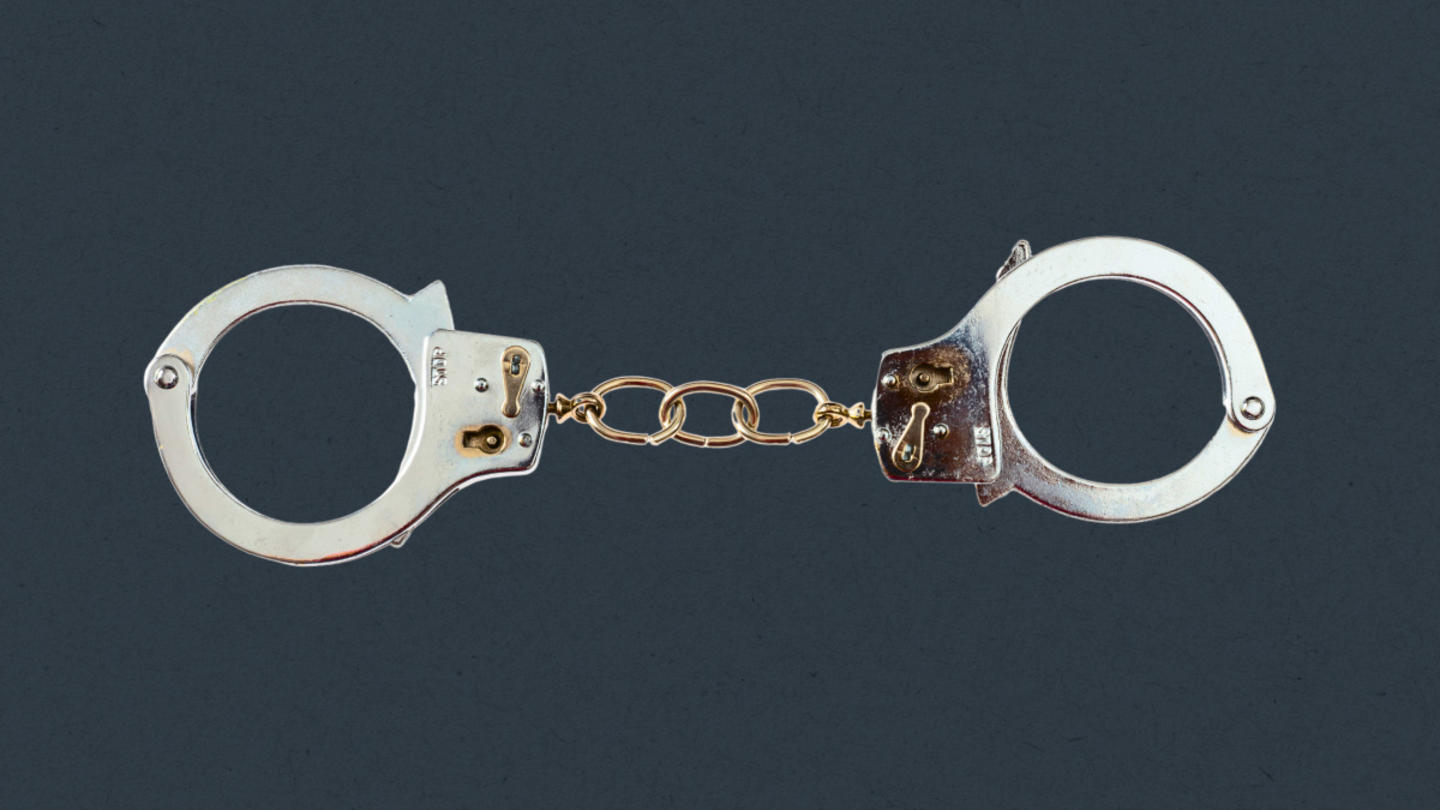Christina Dent, the founder and president of End It For Good, has done a 180 in her thinking about one of the most divisive issues in U.S. history: The 50-year war on drugs. "If I can change my thinking on this topic, anyone can," she says.
Dent is a proud Christian and conservative from Jackson, Miss., who has never used an illegal substance and long thought the drug crisis was "somebody else's problem." But when Dent and her husband agreed to become foster parents to newborn Beckham, she not only changed her mind on the drug war, but ended up founding End It For Good to educate citizens and policymakers on the lasting harm of the war on drugs.
Beckham's mother, Joanne, had engaged in prenatal drug use, which led to Beckham being taken from her custody at birth. At first, Dent viewed Joanne with many of the prejudices society assumes are true of drug users: That she didn't love her son and that using drugs was a choice that could easily have been avoided.
But meeting Joanne and seeing the obvious love and care the mother had for her baby "created this war in my heart over what I had always believed about people like Joanne," Dent says. She began to dig deeper.
As she researched the roots of addiction and substance use, Dent began to see things in a new light.
"Drug use and drug addiction is not about bad people doing bad things," she says. "They're about people who are suffering in some way, and they're trying to feel better."
It was clear that time in prison wouldn't fix Joanne's addiction problem. All it would do was leave Beckham without a mother who clearly loved him.
That was when Dent had an epiphany that would become End It For Good's guiding belief:
"This is not a criminal justice crisis. This is a health crisis."
Through conferences, book discussions, articles, and a podcast, End It For Good wants to give people the tools they need to fully understand the history and context of the war on drugs. The end goal is a more informed and empathetic society, ready to end the drug crisis once and for all.
After 50 years, it's time to end the war on drugs
It's been over half a century since President Richard Nixon declared a national war on drugs. Dent is one of many people questioning whether it's done more harm than good.
"What surprised me the most on this journey is that all of this harm is so utterly preventable," she says.
As Dent describes it, there are three categories of damage that the war on drugs has unleashed. The first is toxicity. By criminalizing drugs, the production of substances is left unregulated. As a result, drugs have become more and more potent in order to squeeze the biggest payoff into the smallest package.
"There is now a razor-thin margin between getting high and dying," Dent says.
The second is the illegal market. Without regulations or oversight, the sale of drugs involves crime and violence.
The last, and most important category of all, is the human toll. "Instead of responding to people who are using drugs and struggling with addiction as people who are hurting and need help, we have responded to them as though they are criminals needing punishment," Dent says. "This leads to individuals being disconnected from their families, communities, opportunities for employment and housing, and basic empathy from society: In other words, the things they need most to overcome addiction. They are left more, not less, likely to die from drug use."
Ending the war on drugs starts with those closest to the crisis
Now Dent is trying to help all caregivers give others the same second chance that she was able to give Joanne, who "took that opportunity and ran with it, and has built this amazing, beautiful life for herself and her son. She's now helping other people who are struggling with the same things that she struggled with."
"Instead of trying to traumatize people out of their substance use, we could focus on helping them build a life they want to be fully present for," Dent says. But doing so requires that we "step outside of our comfort zones, and have real, honest, respectful dialogue about shifting the way that we are approaching drug use and addiction."
Their materials and work helps make those conversations easier to have. End It For Good engages in research, publishes first-person stories, and creates informative articles and podcasts that make learning about the drug crisis approachable, not intimidating.
They're starting from the bottom-up, working to understand why people are using drugs, rather than causing more harm while failing to stop drug use. The hope is that communities will be influenced to undergo the same paradigm shift that Dent did and begin thinking of substance addiction as a medical problem to be solved, rather than a war to be won.
"This war had a beginning, and it will have an end," Dent says. "Let's End It For Good."
End It For Good is supported by Stand Together Trust, which provides funding and strategic capabilities to innovators, scholars, and social entrepreneurs to develop new and better ways to tackle America's biggest problems.
Learn more about Stand Together's criminal justice efforts, and explore ways you can partner with us.




